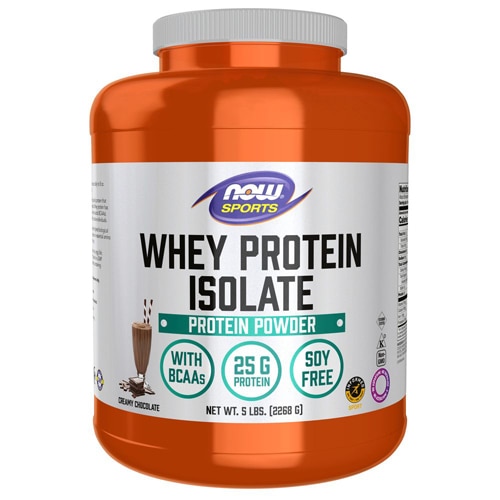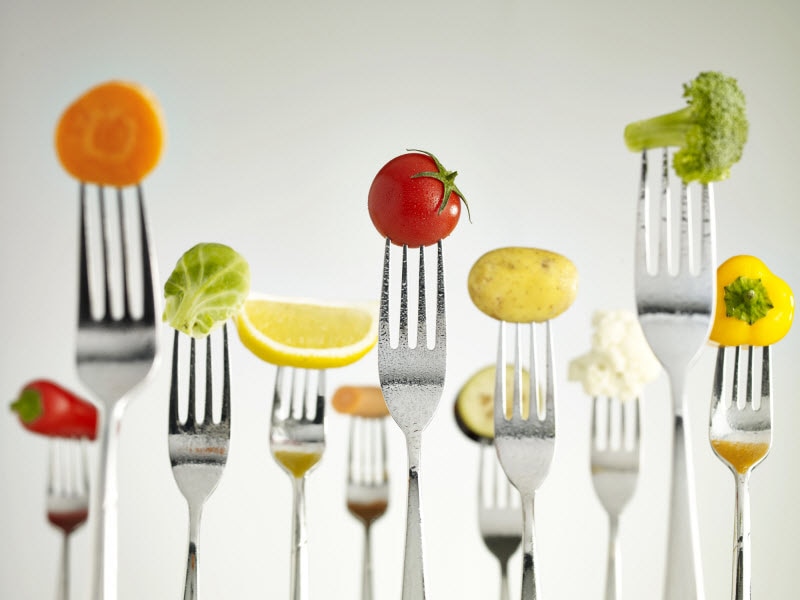Americans face a vast menu of diets. And many of us have tried them: A 2019 survey by the International Food Information Council Foundation showed 38 percent of Americans had followed a specific diet in the previous year.
So, if you’re following a diet, is it truly the best one for you? And if you aren’t following a diet, which one should you pick?
First, let’s examine what you should consider before selecting a diet. One important factor: Will the diet deliver short-term or long-term results?
Amanda Kostro Miller is a registered dietitian and licensed dietitian and nutritionist who sits on the board of advisers for the Smart Healthy Living website. She says the benefits of a diet should go beyond short-term weight loss and address long-term health.
“When we see dieting trends on TV, on the internet or in your social network, you may feel pressured to jump on the trend with everyone else. Or you may see people swear by the diets that they are doing, and you are hoping that you too can reap the benefits like they did,” Miller says.
“The problem with many diet trends is that they are fleeting, not backed by substantial research and typically are extreme,” she adds. “Also, most diet trends are very hard to continue into the long term because they are very restrictive and cut out certain foods.”
Now, let’s look at four of the best diets in 2020 and two of the worst diets. (Before you settle on a diet, be sure to consult a nutrition or health care professional.)
Best diets
Mediterranean diet
The Mediterranean diet remains one of the top go-to eating plans around.
Miller likes this diet because it’s pretty simple to follow and features a variety of food. Plus, she says, it’s been proven to reduce the risk of cancer and health disease.
The Mediterranean diet emphasizes plant-based proteins (beans, legumes, nuts and soy) along with fish and lean poultry. It also promotes consumption of fresh fruit and makes vegetables a key component of meals. Furthermore, it highlights healthy fats from nuts, seeds, avocados and oils (except coconut and palm oils).
“This diet is great for a long-term lifestyle change,” Miller says. “While it is great for overall health, those looking to lose weight on the Mediterranean diet will need a calorie-restriction and exercise routine to see results.”
Based on input from nutrition professionals, U.S. News & World Report ranks the Mediterranean diet as the best overall diet in 2020. It’s the third consecutive year for this diet to claim the No. 1 spot in the magazine’s ranking.
DASH diet
DASH stands for Dietary Approaches to Stop Hypertension. The diet focuses on nutritional approaches to managing blood pressure and reducing sodium intake, Miller says. But it also can aid weight loss and overall healthy eating.
According to Miller, the DASH diet:
- Concentrates on low-sodium, high-potassium fresh fruits and vegetables.
- Promotes consumption of healthy fats to decrease bad cholesterol and increase good cholesterol.
- Restricts saturated fats found in red meat, processed meat, dairy products and snacks.
- Limits alcohol consumption.
- Encourages exercising at least 150 minutes a week.
“This is a great diet to follow since it does not eliminate whole food groups from the diet,” Miller says, “but rather focuses on sodium and saturated fat.”
U.S. News & World Report puts DASH in a second-place tie among the best overall diets for 2020.
Flexitarian diet
Who doesn’t like some flexibility in their diet? As its name suggest, the Flexitarian diet offers plenty of it.
The Flexitarian diet combines two aspects: flexible and vegetarian. Miller says this diet zeroes in on plant-based foods but still allows room for animal-based foods like meat, fish, poultry and dairy.
“This diet is highly versatile and suitable for nearly anyone,” she says. “Research shows that plant-based meals and diets have a positive effect on cardiovascular disease, cancer and other chronic illnesses. This diet is not restrictive, so people can consume any food in moderation.”
The Flexitarian diet is tied with DASH for second place in U.S. News & World Report’s list of the best overall diets in 2020.
WW diet
WW, formerly known as Weight Watchers, relies on a point system to rate foods based on their calories and nutritional value, according to Miller. Somebody on the WW plan adheres to a daily point limit.
“The dieter can choose whichever food to consume as long as they add those points to their daily total. Going over your daily allotted points indicates that you most likely consumed too many calories,” Miller says.
Under WW, low point totals are assigned to low-calorie foods. These normally are foods high in water content, lean protein and fiber, according to Miller. Meanwhile, high point totals are correlated with high-calorie foods. These foods usually are loaded with sugar and fat. Foods like vegetables, skinless chicken breast, eggs and fish come with no points at all.
Miller notes that under WW, some dieters must consistently engage in physical activity to lose weight and keep it off.
“WW makes lots of branded food items; however, you can still branch out from WW products if you know how to estimate points,” she says. “This does not restrict food, but rather helps you control the foods you choose.”
In the U.S. News & World Report ranking, WW lands at No. 4 among the best overall diets.
Worst diets
Sirtfood diet
Grammy-winning singer Adele reportedly credits the strict Sirtfood diet for her dramatic weight loss. Some nutrition professionals aren’t singing its praises, though.
“Created by nutritionists Aidan Goggins and Glen Matten, who co-authored a book of the same name, [this] way of eating activates a family of proteins called sirtuins, or ‘skinny genes.’ This, in turn, supposedly mimics the effects of exercise and fasting,” according to USA Today.
Critics, including Miller, aren’t swayed by the presumed benefits of “skinny genes” and the Sirtfood diet.
“Unfortunately, claims made about this diet are highly inflated and not backed by substantial research,” Miller says. “While people may lose weight quickly, it almost always does not last in the long term.”
Although Miller isn’t a fan of the Sirtfood diet, other nutrition professionals are. That, of course, includes Goggins. Sirtfoods listed in Goggins and Matten’s book include arugula, buckwheat, cocoa, coffee, extra virgin olive oil, red onions, red wine, strawberries, turmeric and walnuts.
“When somebody eats a diet rich in these types of foods, the outcome is similar to that same effect of exercise and fasting: a more energetic, leaner healthier you,” Goggins told USA Today.
The Sirtfood diet doesn’t appear in U.S. News & World Report’s 2020 diet ranking.
Keto diet
Yes, you can drop pounds with the keto diet, as long as you follow it correctly. But nutritionist Lisa Richards, author of “The Candida Diet,” complains that this high-fat, low-carb diet fails to successfully deal with post-dieting weight loss.
“Like most fad diets, the ketogenic diet is effective but not sustainable,” Richards says. “Carbohydrates are essential to life, and a significant reduction is not sustainable. When carbs are reintroduced, the body will store them as fat more efficiently, leading to rapid weight gain.”
On top of that, possible side effects of the keto diet include skin rash, brain fog and increased cholesterol, according to Richards.
Based on critiques from nutritional professionals like Richards, the Keto diet ranks next to last in U.S. News & World Report’s ranking of 35 diets.
Registered dietitian Sofia Norton, who writes for the Kiss My Keto website, says that ranking isn’t deserved. The keto diet holds promise as a method for losing weight and controlling glycemic levels, she says.
“The diet is unique in that it induces strong ketosis, which many refer to as fat-burning mode,” Norton says. “Being in ketosis for long enough — say three to four weeks — can help the body become more metabolically flexible by teaching it to burn fats as well as carbs.”
The keto diet can be effectively coupled with other approaches to healthy eating, Norton says. For instance, a vegetarian keto diet could feature wholesome ingredients like dairy, eggs, avocados, nuts and seeds.





